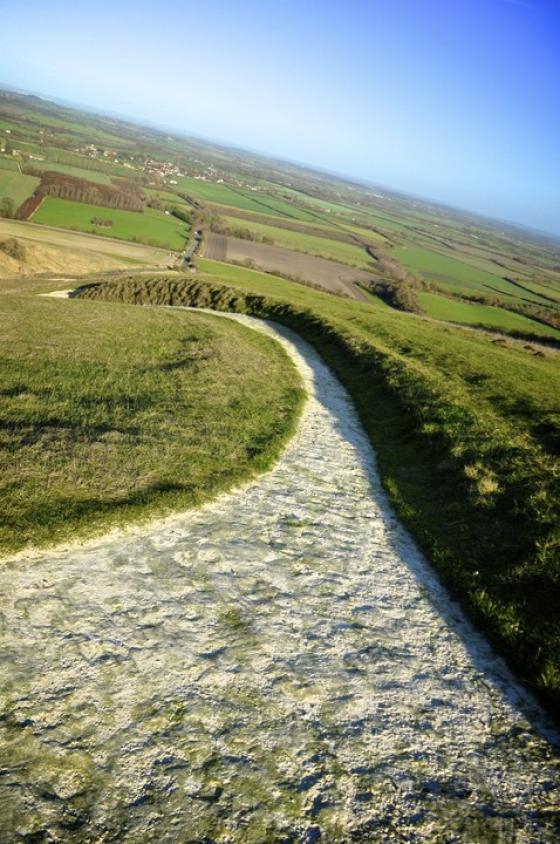Thanks for refocusing my attention on the essential thing: how we experience these sites and the wider spaces they inhabit. I’m grateful to everyone here who has shared their personal reflections which have been a pleasure to read.
Indeed, one of my own such experiences had not really to do with the monuments I came to see, but with my keen awareness of the vast, inhospitable landscape they addressed. Cope really puts it beautifully in the Modern Antiquarian documentary when he described the positioning of stone circles around the hill of Dunnideer as a “psychological game” which their builders were playing: “…that’s what the ancients were about, constantly reinforcing the drama of where they were.” When the light is just right, and your own personal stars are aligned, this drama can really change your life.
As a city kid I always felt awkward in the great outdoors. When I first made it to a very remote area of the Armenian mountains in search of rock art I was severely sleep deprived, not by design but just by the ordeal of getting there, and that drug-like effect made my mind all the more conducive to divining the spirit of the place. Those wild volcanic wastes were so overwhelming - I felt utterly vulnerable, out of place, insignificant: an intimation of pure Lovecraftian Cosmic Horror. I’ll never forget sitting on an outcrop of rock chiseled with stags and ibex and surveying the husks of cinder cones that ringed a plain made spectral beneath the passing shadows of clouds. The inhuman beauty and sheer physical scale of that windswept space - the sense of timelessness in its canted light - was terrifying. My feeling of utter humility was underscored by an ant that moved about my feet: how I longed for the un-self-conscious sense of belonging it seemed to have! I felt unreal, as though I was being dreamed by the landscape, a figment of its own imagination: “The thoughts of men are images; the thoughts of Gods are living beings,” as Rudolph Steiner wrote.
Over the years my interest in ancient sites has allowed me to come to terms with the natural world: in effect, the standing stones were like portals, not to some other universe, but simply to what was right there all around me. They’ve offered a communion with the landscape which seems to be one of the essential aims the ancients had. A sense of homecoming. This is why I mourn the statue menhirs in these climes that have been moved to museums or city parks as though they were portable art. Bereft of their original surroundings they are as dead as butterflies pinned beneath glass. In situ they are living, lithic mirrors, reflecting the environment and ourselves - our fears, our dreams - bridging the gulfs of time, race and language to bring us together with our ancient kin in the primordial space we share.
Again, Cope says it best as he sits near Silbury:
“Everything I’ve done…has been based on centering myself in this landscape. Allowing myself to walk around this place, to slow myself down to this pace. You’ve just got to look beyond your own culture. That’s the way you can read between the lines and see”.
